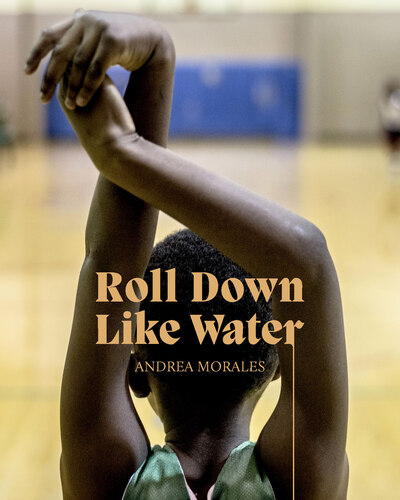Nous utilisons des cookies pour améliorer votre expérience. Pour nous conformer à la nouvelle directive sur la vie privée, nous devons demander votre consentement à l’utilisation de ces cookies. En savoir plus.
ANDREA MORALES : ROLL DOWN LIKE WATER - PHOTOGRAPHY AND MOVEMENT JOURNALISM IN THE AMERICAN SOUTH
Holberton - EAN : 9781913645724
Édition papier
EAN : 9781913645724
Paru le : 4 oct. 2024
28,00 €
26,54 €
Disponible
Pour connaître votre prix et commander, identifiez-vous
Notre engagement qualité
-
 Livraison gratuite
Livraison gratuite
en France sans minimum
de commande -
 Manquants maintenus
Manquants maintenus
en commande
automatiquement -
 Un interlocuteur
Un interlocuteur
unique pour toutes
vos commandes -
 Toutes les licences
Toutes les licences
numériques du marché
au tarif éditeur -
 Assistance téléphonique
Assistance téléphonique
personalisée sur le
numérique -
 Service client
Service client
Du Lundi au vendredi
de 9h à 18h
- EAN13 : 9781913645724
- Editeur : Holberton
- Date Parution : 4 oct. 2024
- Disponibilite : Disponible
- Barème de remise : NS
- Nombre de pages : 160
- Format : 1.20 x 20.10 x 25.00 cm
- Poids : 598gr
- Résumé : This vibrant catalogue showcases a decade’s work by Memphis-based Peruvian- American photographer Andrea Morales (b. 1984), whose camera sympathetically delves into community life and activism in the American South. It accompanies her first major exhibition at the Memphis Brooks Museum of Art, represents the first scholarly publication on her work, and the first major museum exhibition dedicated to movement journalism. The unofficial capital of the Mississippi Delta, Memphis, Tennessee, has long been a place bubbling with activism and social movements. Roll Down Like Water – a nod to Dr. Martin Luther King, Jr.’s iconic last speech in the city in support of the 1968 Sanitation Workers’ Strike – shows Andrea Morales’s incredible ability to engage with her subjects, in Memphis and the surrounding region, through the lens. From intimate portraits and records of daily life to the documentation of social and environmental movements with local and national resonance, her photography builds a passionate and tender portrait of this unique part of the American South. The energy vibrating through Morales’s stills is the energy of the people themselves: the artist centres her practice on building long-term relationships with the communities she photographs, and views this relationship as one of collaboration rather than detached observation. Her approach is informed by ‘movement journalism’, which recognizes that journalism, like the camera, is not totally objective: behind laptops and lenses are people, institutions and systems that hold and wield power, for good or ill. By establishing a human connection between chronicler and people and rooting it in an ethical and rigorous framework, Morales’s ‘community-driven visual storytelling’ reaches beyond historical injustice to capture the liveliness and joy of the communities she photographs. For Memphis, and Morales, King’s words loom large. Echoing his description of collective liberation as ‘an inescapable network of mutuality, tied into a single garment of destiny’, Morales’s captivating images of the American South in moments of turbulence, stillness, darkness and beauty chart new, sustainable paths in photojournalism, while reflecting upon identity, community and the power of storytelling.

